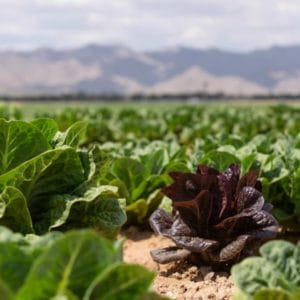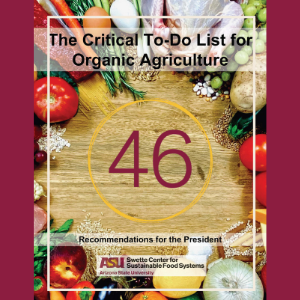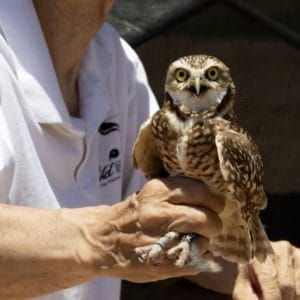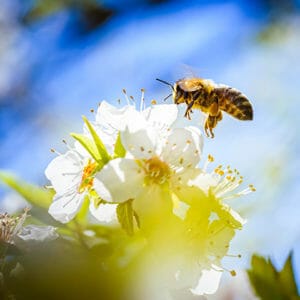Taking steps to solve the problem of phosphorus
SDG 15 - Life on Land

Taking steps to solve the problem of phosphorus
ASU global futures scientists are helping to lead a new science and technology center that is focused on reducing the agricultural use of phosphorus extracted from the earth.
New study: Proportion of world population exposed to floods grows tenfold in 15 years
As climate change projections indicate that the proportion of the population exposed to floods will only increase in the next decade, new research uses satellite data to provide one of the clearest pictures to date of how floods are changing and who is at most risk.
ASU scientists use commercial satellite data to determine water flow in Southwestern rivers
NASA has funded an ASU project to use commercial CubeSat data to determine the presence of water in arid and semiarid rivers in California and Arizona.
Snake removal research hopes to stop snake killings in Phoenix
A snake removal company is sharing data from thousands of snake removals across Phoenix with researchers from Arizona State University to better understand the social and environmental factors that lead people to request this service.

Swette Center report sets organic food agenda for US
The ASU Swette Center for Sustainable Food Systems recently released a report to help President Joe Biden set a new agriculture agenda based to organic foods. “The Critical To-Do List

Move-in day for burrowing owls at ASU Polytechnic campus
Their arrival in towel-covered cardboard pet-carriers mid-morning on May 22, 2021, was a year in the making. Sustainability scientist Heather Bateman initiated the proposal.

New Report: The Critical To-Do List for Organic Agriculture
The goal of this report is to present the Biden-Harris Administration a list of easily achievable actions to immediately power-boost organic agriculture. The President has the power TODAY to implement most, if not all of elements of 36 recommendations; action on 10 recommendations depends on Congress.
Donkeys dig deep in the desert, benefiting overall ecosystem
According to a new study, equine species, which are seen as "invasive," actually help shape desert ecosystems, sniffing out water and digging wells that are used by other wildlife.

Make a difference for local plants and pollinators
Read the ASU Now story As part of the citizen scientist initiative taking place throughout April, we will be hosting a welcome webinar on Thursday, April 1, at 9:00 a.m.
New study predicts urban development and greenhouse gases will fuel urban floods
Sustainability scientist Matei Georgescu, associate professor in ASU’s School of Geographical Sciences and Urban Planning, is lead author of a new study published in the journal Environmental Research Letters.
Rittmann, Krajmalnik-Brown land coveted Hering Medal
Sustainability scientists Bruce Rittmann and Rosa Krajmalnik-Brown are among the authors of the best paper of the preceding year from the Journal of Environmental Engineering.

Citizen scientists help document ASU flowers and pollinators
Throughout April, the Center for Biodiversity Outcomes invites the ASU community and the entire state of Arizona to participate in a citizen science project to help us document flowering plants and pollinators on ASU’s Phoenix-area campuses.